
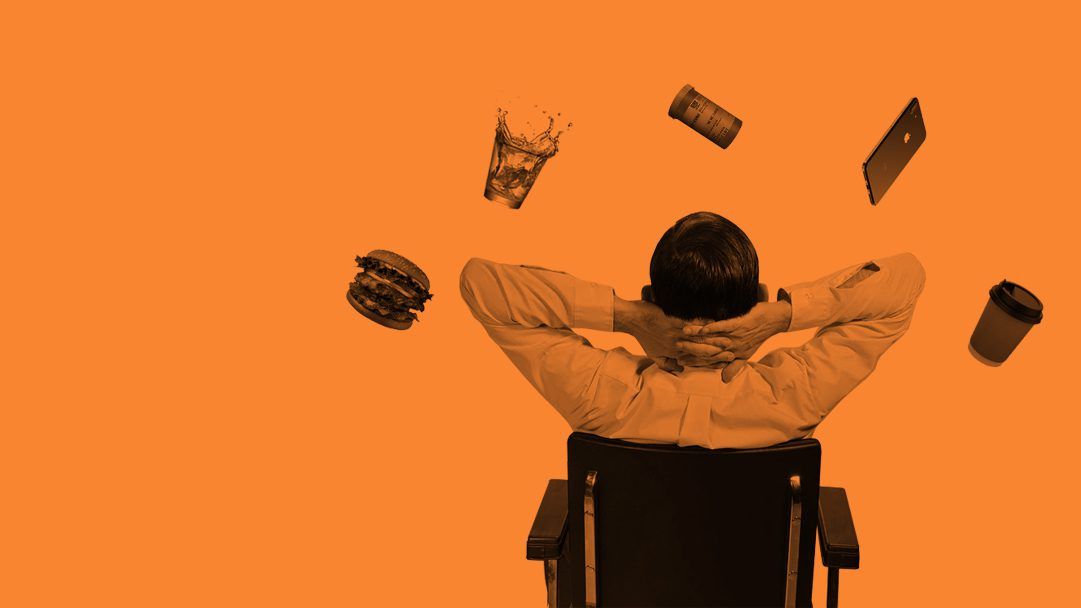
Words: Jonathan Wells
Despite the brains on some of these Silicon Valley types, they don’t half believe some guff. It makes you wonder; if they genuinely think that drinking river water and taking peyote at their desks is a good idea, how many slightly sketchy decisions have shaped the 21st century tech landscape, and wider world as a result? Probably not worth worrying about, actually. They certainly don’t, if the amount of time they dedicate to meditation apps and cuddle parties is anything to go by.
The real question is: how many of these tech entrepreneurs’ favourite biohacking fads and crazes should we be trying ourselves? Because, while our jobs are likely less stressful than keeping the internet afloat, if nootropics and adaptogens* might help us make it more smoothly through our working weeks, then we’re all for them.
*No, they’re not made up words. Yes, we’ll explain what they mean. Just keep reading.
Dopamine fasting is the newest buzz — or lack of buzz — to hit the Valley
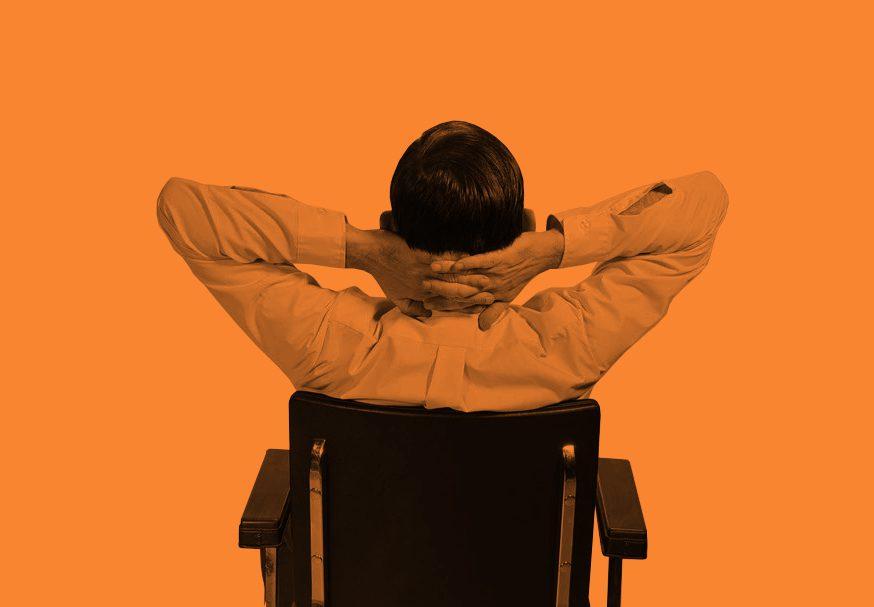
Let’s kick off the eyebrow-raising proceedings with the latest fad to flood through Silicon Valley. Dopamine fasting is about as fun as it sounds, and involves starving your body of food, sex, alcohol, social media, technology — and anything else that might give you even a flicker of fun.
What’s the science behind it? Dopamine is a neurotransmitter — a chemical produced in your brain — and the key to helping you remember things, feel happy and experience arousal. It’s good stuff, but cutting ourselves off from any stimuli or triggers will allegedly ‘reset’ our brain if everything’s getting a little much. However, the science is shaky — and evidence actually suggests that this is just one great big waste of time.
Should I be trying it? I mean, if you have a spare day, you could give it a bash. But you probably won’t feel any benefits beyond not feeling bloated, or managing to escape your usual headache from staring at a screen all day and chain-drinking coffee. But be careful: when was the last time you were alone with your brain? It sounds like a recipe for overthinking, worrying and existential crises to us…
Micro-dosing recreational drugs is unlocking creative potentials
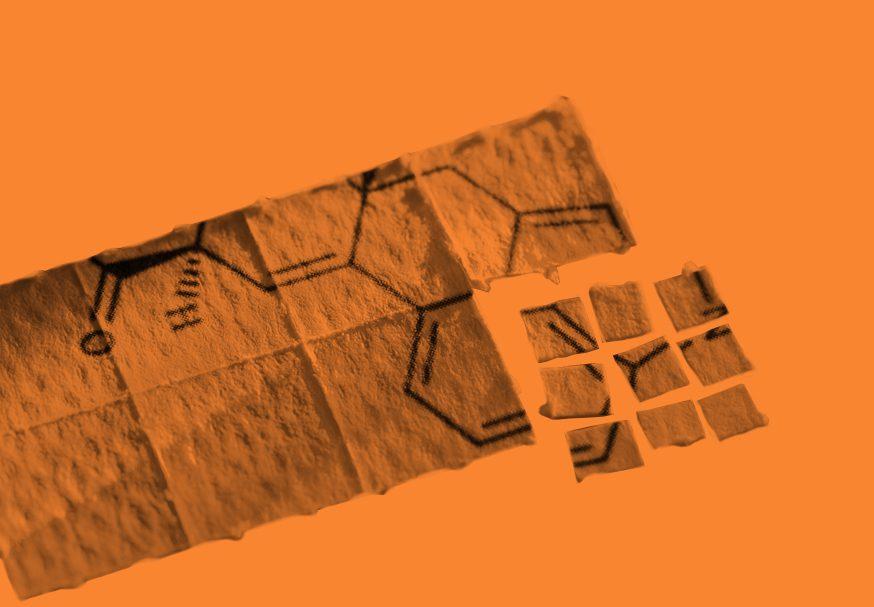
It sounds ridiculous. Taking very, very small amounts of psychedelic drugs to make you more creative at work? We’re not convinced. And yet, Silicon Valley bigwigs are spinning in their swivel chairs over the psychotropic trend; ingesting teeny tiny servings of drugs including LSD, Magic Mushrooms or Peyote every few days to get their jobs done.
What’s the science behind it? Other than a savvy addict coming up with a way to take his habit to work? We’re not sure there is any. Those who adhere to the madcap fad say that it unlocks focus and creativity in their work — a tenth of the usual, recreational dose not being potent enough to cause hallucinations. Although it has also been claimed to help reduce stress and anxiety, so maybe there is something to it.
Should I be trying it? It’s certainly more likely to have an effect than dopamine fasting. But really? Surreptitiously taking drugs in the office to increase your productivity? Just have another macchiato, for God’s sake. You’re not recording your tricky second album, and it’s not the mid-60s. But never mind that, what are you planning to do when the boss finds you — eyes the size of dinner plates — having a fight with the water cooler?
Peganism is the new must-follow diet
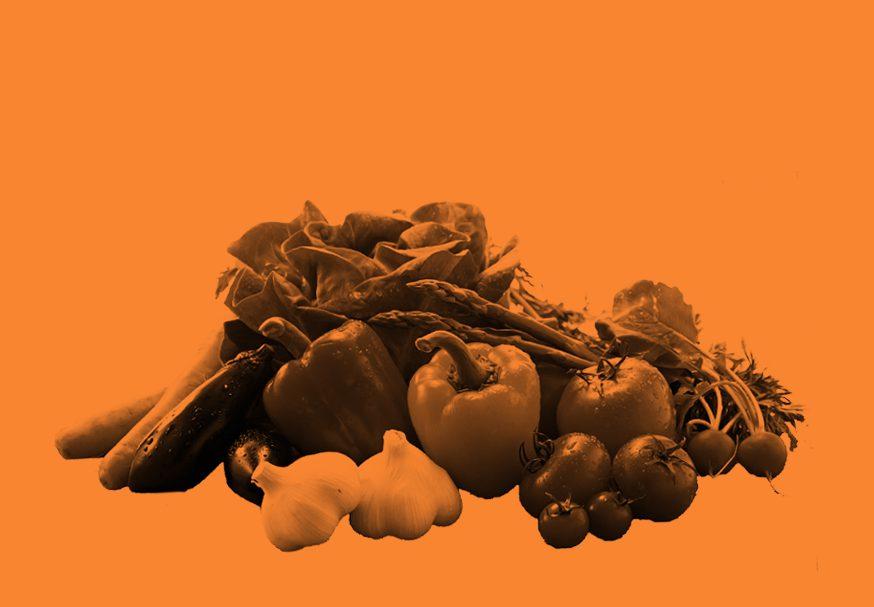
This is where the words start to get silly. Peganism may sound like a religion — but paganism it is not. That said, the medieval worship of multiple deities (yep, we Googled it) is still slightly less laughable than the newest Silicon Valley diet. Becoming a pegan — why does it sound so rude? — is scarily popular, with those joining the movement jumping by 337% in the past year alone. But what is it? Amazingly, it is a combination of veganism and the paleo diet.
What’s the science behind it? That’s amazing because the paleo diet is almost the complete opposite of veganism. One has you plating up a lot of protein-rich lean meats and fish, and the other has you being a herbivore. So how do these two seemingly opposing lifestyles merge into one? The short answer: they don’t. Rather, peganism borrows choice parts of each diet to create an entirely new one. 75% of your meals will be made up of plants, with meat and fish allowed in small portions as toppings or side dishes.
Should I be trying it? You shouldn’t not be trying it. We’re not sure what to say here. The whole thing sounds so pedestrian that we genuinely don’t have an opinion either way. It sounds like quite a good way to cut down on meat, if you’re into that kind of thing. Aside from that, it just sounds like what you’d be picking up on a weekly shop in Whole Foods anyway.
You should be seeking out more Nootropics and Adaptogens
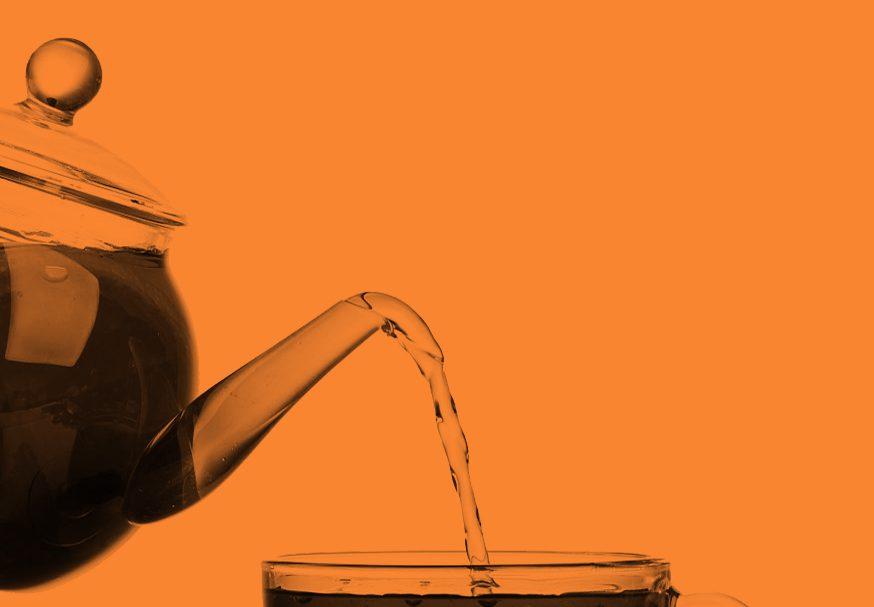
Oh, you thought peganism was a stupid word? You haven’t heard anything yet. No, Nootropics and Adaptogens aren’t the big fuzzy mascots for Tokyo’s Summer Olympics — they’re genuine(ish) ways to improve your cognitive function and help your body cope with stress. And, thankfully, they’re simpler to understand than those ludicrous monikers let on.
What’s the science behind it? Relatively simple, really. From enhancing neurogenesis to improving cerebral circulation and neuron activity, the bottom line is that these compounds and chemicals are just good for you. Among examples are an amino acid called L-theanine found in tea, caffeine found in coffee and ginseng found on your spice shelf. And all help your body balance its hormones, enhance your mental performance and calm you down. Sounds good to us.
Should I be trying it? Why not? Who couldn’t do with a little mind-sharpening and calming down? Like CBD — another passion of overwrought tech CEOs — these supplements and stress-relievers are being marketed at hugely inflated prices; but they still have some actual proven science behind them. Which is more than can be said for other entries on this list…
Take a deep breath, meditation apps are here to stay
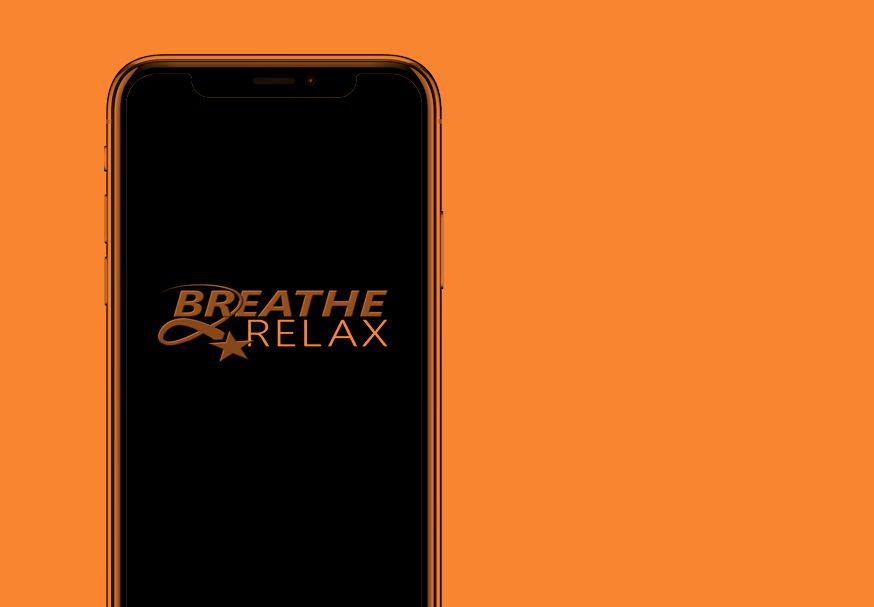
Because now apparently we need help breathing, too. What? You thought you’d been doing quite a good job? You thought, seeing as though your continued existence hinged on it, you’d got breathing down? Hah! You know nothing. But, thankfully, as with everything else in modern life, there’s an app for that. Or, as a cursory search of the App Store shows, hundreds of apps for that.
What’s the science behind it? Limited. Of course, you shouldn’t be taking shaky, short breaths all the time — but breathing apps tend to just tell you to slow down. By oxygenating your brain more effectively, you will see an increase in concentration and productivity, but the minutes spent faffing around on your breathing app will almost certainly outweigh the time your un-oxygenated brain had been wasting in the first place.
Should I be trying it? It depends on who you are. If you are genuinely struggling to focus, and can’t better your breathing without some help, there are apps out there that won’t waste too much of your time, such as Prana Breath and Breathe2Relax. But we’re steering clear — because the minute we start thinking about the mechanics of breathing and how incredible it is, we’ll start overthinking, skipping breaths and just generally panicking. And that’s even worse for productivity.
Organised Intimacy sounds like our worst nightmare
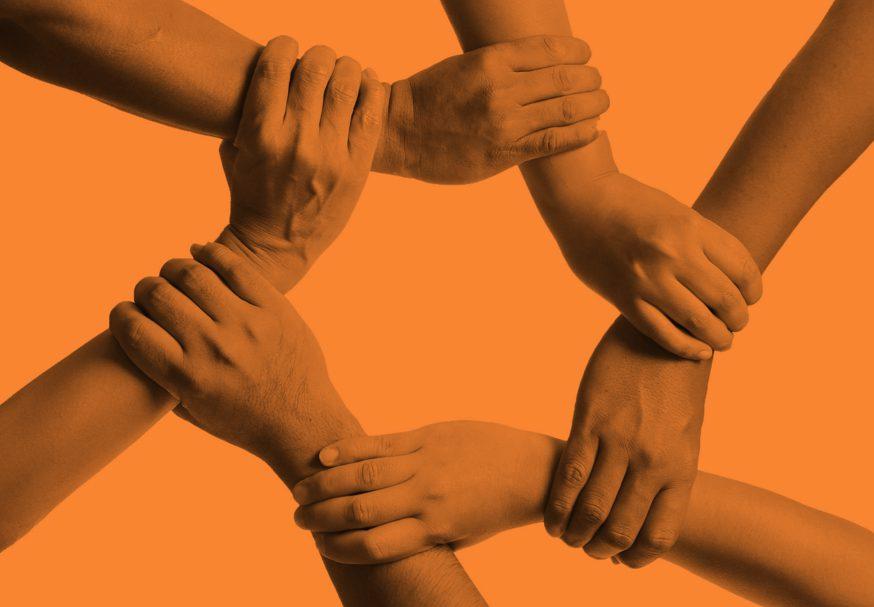
And the award for the strangest Silicon Valley craze goes to… it’s organised intimacy! That’s quite the accolade, especially when there are nonsense diets and actual drug-taking also on this list. And yet, organised intimacy — the touchy-feely, can’t-quite-believey new trend — takes things to another level again. It takes many forms — eye contact parties, cuddle parties, ‘conscious dance’ — but it’s pretty much what it sounds like; forcing you to get up close and personal with others.
What’s the science behind it? Don’t make us laugh. It’s alleged to be an antidote to depressive feelings. But, while everyone knows that human contact is healthy, surely there are better ways to attract a little affection? Organisers of these gatherings — other types include ‘Somantic Exploration’, tantra workshops and tactile lectures — claim that they cause oxytocin levels to swell to such an extent that they drown out the ‘stress hormone’ cortisol. We’re still skeptical.
Should I be trying it? Maybe this is one to leave for Silicon Valley. San Francisco’s Bay Area is a more open, forgiving and intrepid social environment than, say, suburban England. We’d wager that you’d be met with a different kind of physical contact if you suggested a ‘cuddle party’ down at your local — one that would require a cold compress and a full apology.
Tech entrepreneurs are quenching their thirst with raw water
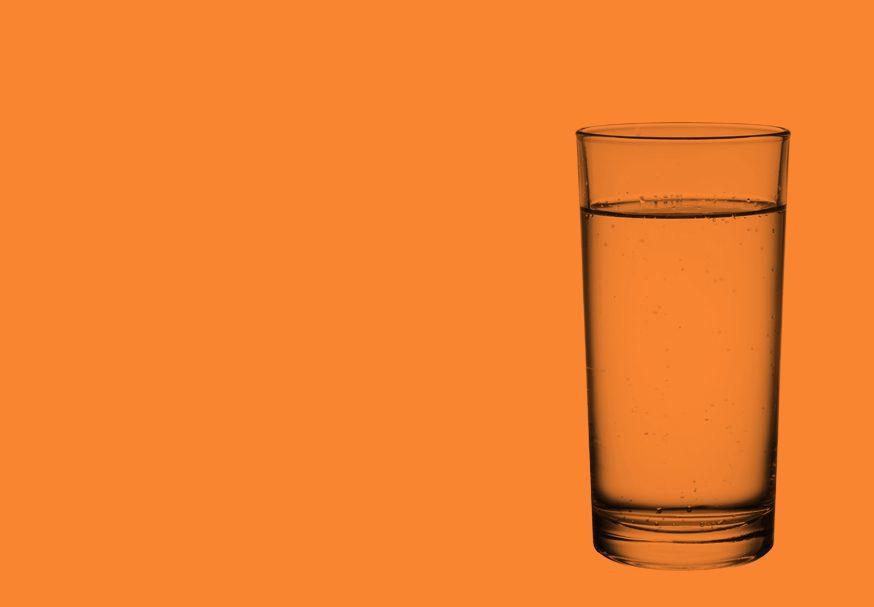
We’ve saved the best until last — if, by best, we mean the most outwardly dangerous. Another hot new fad around Silicon Valley, drinking ‘raw water’ sees stressed-out entrepreneurs guzzling glasses of ice-cold untreated, unfiltered, unprocessed water that they’ve dredged from wild springs. It’s undoubtedly diving headlong into the popular ‘live natural’ movement — but these are murky waters. Literally.
What’s the science behind it? There is no science behind it. In fact, there’s science against it. While you can find trace amounts of prescription and over-the-counter medicines, not to mention additives from shampoo and soap in tap water, they will not harm or affect you in any way. Avoiding them to this extent — and paying up to $36.99 for a 2.5-gallon bottle of ‘raw water’ — is bordering on tin-foil-hat-wearing, apocalypse-prepping, SIM-card-smashing levels of paranoia.
Should I be trying it? You should not be trying it. Unless you’ve always wondered what dysentery feels like.
Want some better advice? Listen to the best business podcasts for budding entrepreneurs…
Join the Gentleman’s Journal Clubhouse here.


